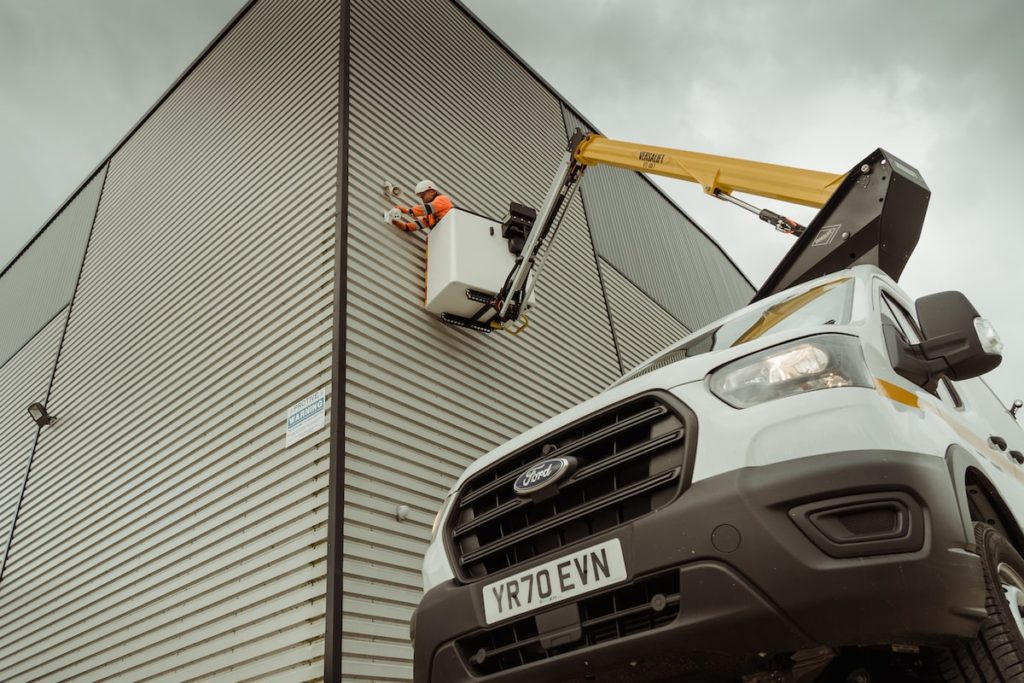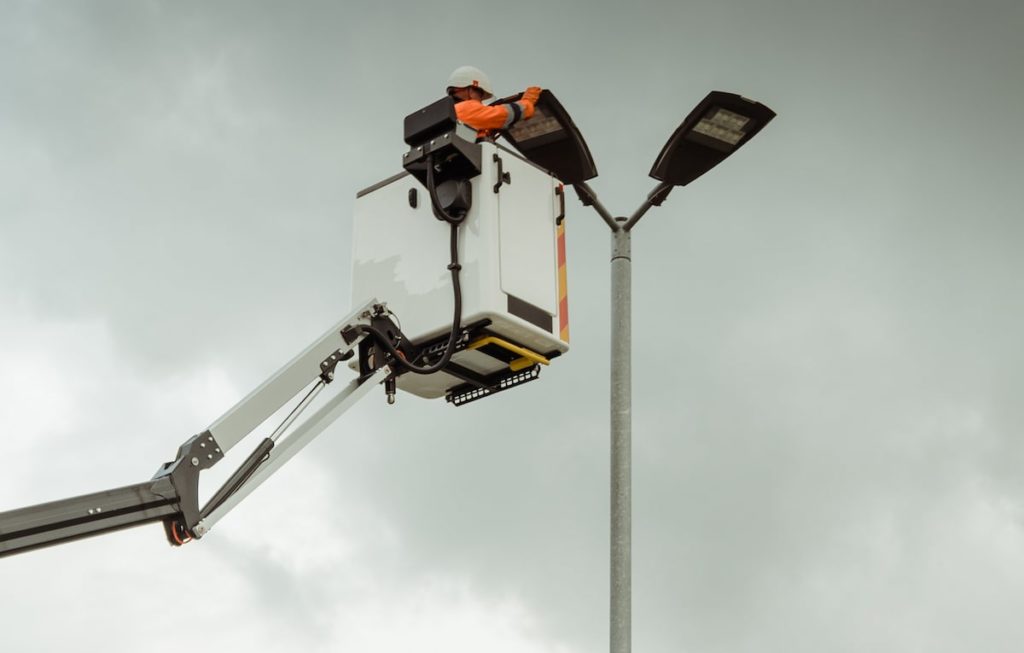Onsite Safety Starts with Sleep
Blog-March 15, 2021
Poor sleep hygiene can have serious consequences for construction workers – from physical and cognitive health to alertness and mood, sleep impacts almost every aspect of our lives. That means poor sleep can lead not just to serious health and safety issues, but increased absenteeism, reduced productivity and bad onsite morale.
World Sleep Awareness Day is all about drawing attention to the importance of sleep for our collective wellbeing. So in this article, we’re going to look at a few key ways construction sites rely on alert, well-rested workers – as well as providing some advice to improve your own sleep.
THREE WAYS SLEEP IMPACTS YOUR SITE

1. Health and safety
Operating vehicle mounted access platforms, like those we provide at Access Hire, requires proper focus. On a busy site or a public road, with co-workers and the general public around you, not being fully alert can result in serious accidents or injury.
Given that sleep deprivation directly impacts cognitive functioning, proper sleep is therefore essential for any worker who is operating such access vehicles – or any machinery.
So while sleep deprivation can be difficult to gauge, its impact isn’t: according to The Health and Safety Executive, fatigue is implicated in 20% of all major road accidents, and costs the UK up to £240 million in work accidents.

2. Productivity and morale
Analysis suggests that the UK loses over 200,000 working days and just shy of 2% of annual GDP to poor sleep. This is in part because sleep disrupts individual productivity, impairing cognitive performance and increasing risk of illness. But the problem goes even further when you consider how poor sleep impacts team morale.
Anybody who’s worked as part of a team knows the subtle ways individual moods impact the overarching ‘team morale’. And recent research has provided proof of this intuition: our moods are contagious.
When you consider that poor sleep makes individuals less positive and more irritable, it’s not hard to see how a single bad night’s sleep can spread negativity throughout the entire workforce, lowering both morale and productivity.

3. Decision making
A single night’s poor sleep has been found to negatively impact decision making and mental flexibility. Without the alertness and focus proper sleep provides, decisions are slower and produce less successful outcomes.
Given that studies suggest one third of decisions on construction sites are made within an hour, and a further 40% are made on the same day, this has disastrous implications for the quality of site management and strategy.
So given the vital importance of good quality sleep, what can we do to achieve it?
There are various ways you might encourage your workers to sleep better and stay safe when operating their access vehicles – everything from healthier eating to regularity in a daily schedule has been shown to contribute positively to sleep hygiene.
But for more specific advice, we should always defer to the experts. So here are the ten top tips from the World Sleep Society:
10 STEPS FOR HEALTHY SLEEP
- Fix a bedtime and an awakening time.
- If you are in the habit of taking a nap, do not exceed 45 minutes of daytime sleep.
- Avoid excessive alcohol ingestion 4 hours before bedtime and do not smoke.
- Avoid caffeine 6 hours before bedtime. This includes coffee, tea and many sodas, as well as chocolate.
- Avoid heavy, spicy, or sugary foods 4 hours before bedtime. A light snack before bed is acceptable.
- Exercise regularly, but not right before bed.
- Use comfortable bedding.
- Find a comfortable temperature setting for sleeping and keep the room well ventilated.
- Block out all distracting noise and eliminate as much light as possible.
- Reserve the bed for sleep and sex. Don’t use the bed as an office, workroom or recreation room.
Staff welfare has become a real priority for the construction sector, and the introduction of Mobile Welfare Units on site, have been paramount in order to allow staff somewhere to rest and take a break, indoors and away from the bustle of the site. Read more on this in our blog on Five Ways Eco-Friendly Mobile Welfare Units Will Improve Your Construction Site.